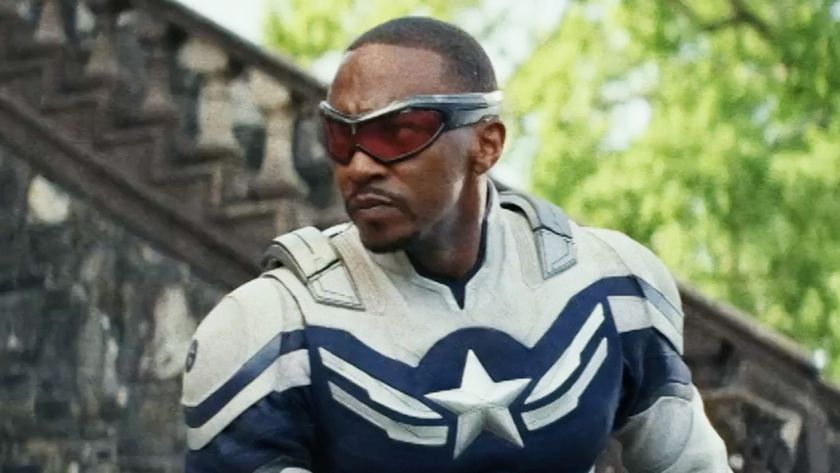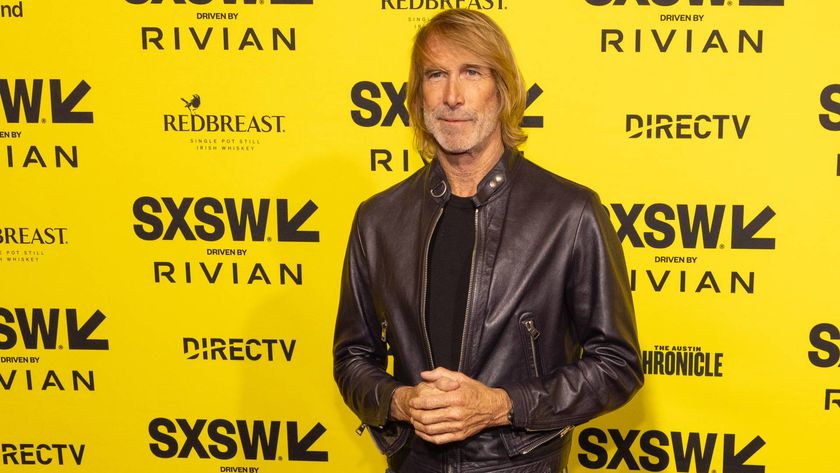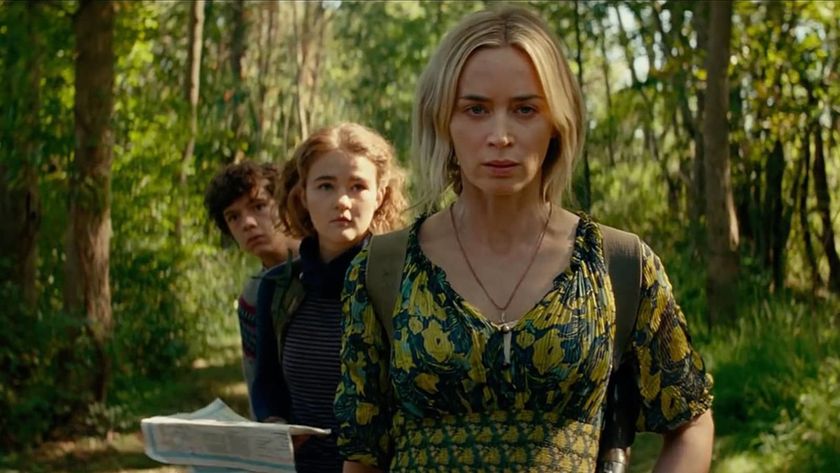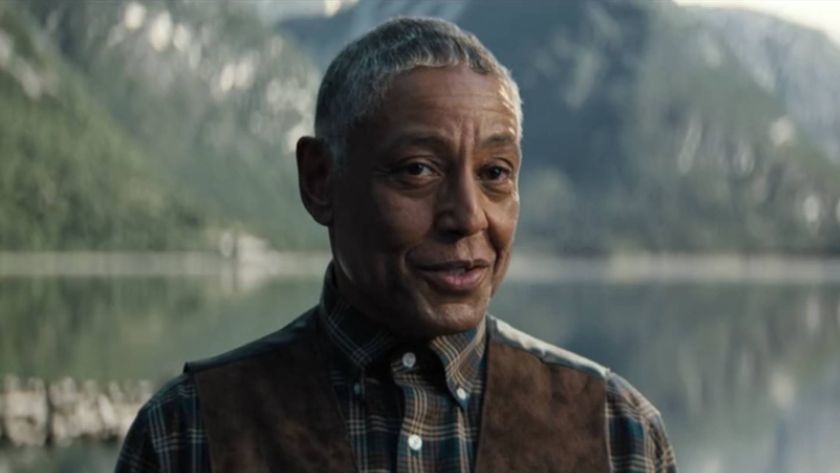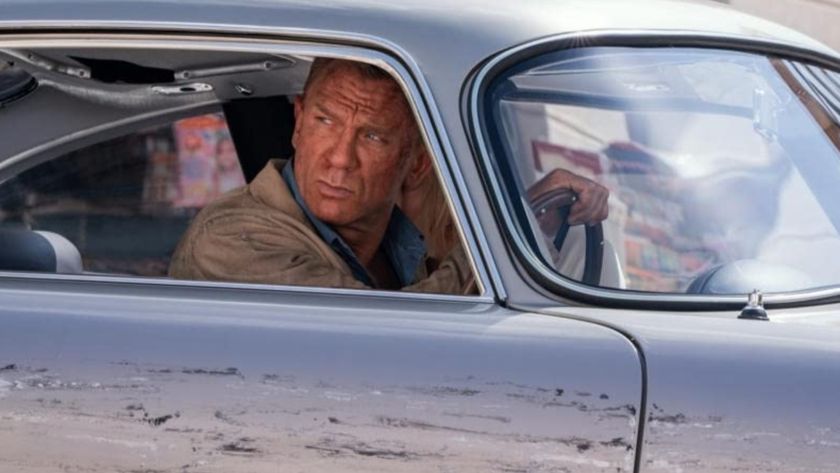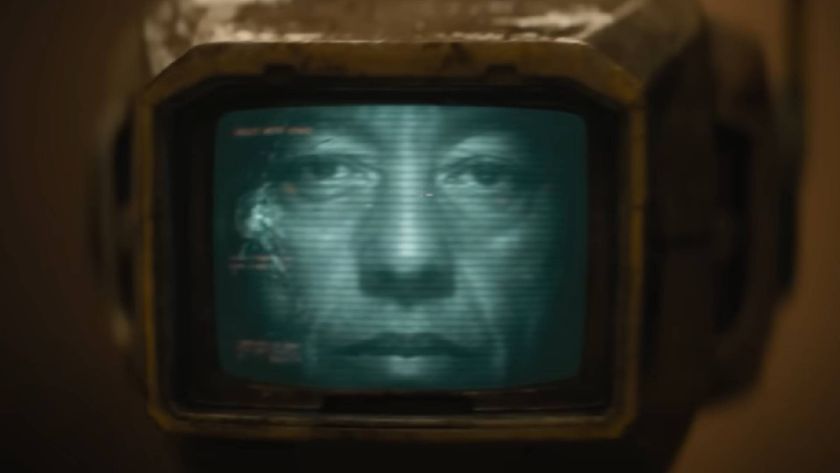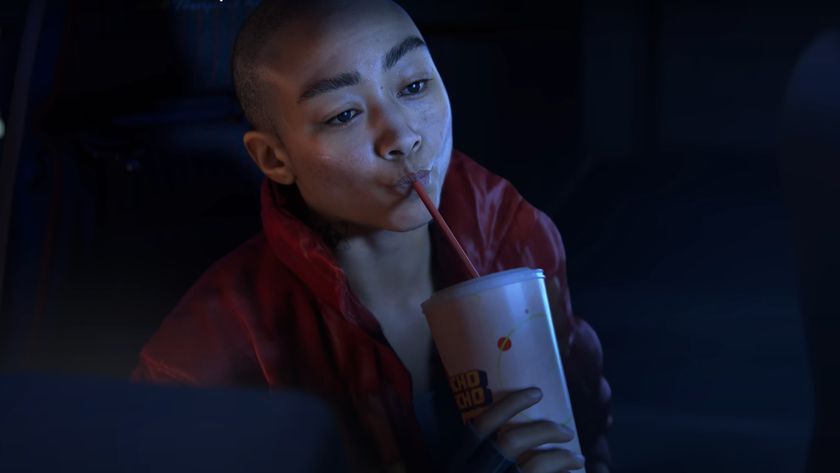7 Disastrous Movie Studio Clashes
When directors and the moneymen fight, who wins?
It's never pretty when a fight breaks out in Hollywood.
No, we don't mean Woody Harrelson smacking down the paps - we mean directors clashing with studios.
The most recent dust-up is between Alex Cox and Universal, with the studio both renaming Repossession Mambo to Repo Men (startlingly similar to his own cult classic Repo Man) and warning him he can't use the title Repo Chick for his upcoming film.
Why? Apparently it violates their copyright, though he says he has first dibs on anything to do with Repo Man and Repo Chick is an unrelated story anyway.
Which got us thinking about clashes in the past. Fight! Fight! Fight!
The Director: Terry Gilliam
The Studio: MCA Universal (as it was known in 1985)
The Fight: So famous it has a title - The Battle Of Brazil - and an entire disc of the Criterion DVD set dedicated to it.
It breaks down like this - Gilliam submitted his director's cut of the film, a downbeat, dystopian vision of the future to the studio. Which hated it, citing a belief that it would flop.
MCA Universal boss Sidney Sheinberg demanded that Gilliam recut it, and when he refused, ordered the studio to make its own version, a forced happy ending known as the Love Conquers All edit.
Gilliam launched a campaign, roping in famous American film critics and even taking out a full page ad in Variety to demand that Universal release his version.
The Victor: Gilliam. Universal did release his version, and we're all the better for it.
Still, if you really want to see the studio's cut, you can always buy the Criterion set...
Next: Superman II
[Page-break]
The Director: Richard Donner
The Studio: Warner Bros (though really producers Alexander and Ilya Salkind)
The Fight: The mammoth shoot for Superman and Superman II in 1977 proved to be fraught with tension between director Richard Donner and producers Alexander and Ilya Salkind.
But while they kept it in check long enough for the first film to be released in 1978, the trouble boiled over when the producers decided to snip Marlon Brando's scenes from the sequel to avoid paying his excessive fee.
That didn't sit well with Donner, who publicly spoke out about the move, angry that they were messing with his vision. "They have to want me to do it. It has to be on my terms and I don't mean financially. I mean control."
After more back and forth, the Salkinds eventually terminated Donner in the coldest way possible: "After I waited to hear for six or eight weeks, I got a telegram that said, 'Your services are no longer needed.'" Ouch!
He was replaced with "producer" Richard Lester, who had acted as a go-between for the parties and was on set for much of the shoot, and a lot of new footage was shot from a re-written script.
Lester got the credit in the theatrical version.
The Victor: Warners. And, now, Donner: the studio released Lester's cut and it was successful, helping to spawn two more sequels (um, thanks?)
But Donner nabbed the last word in 2006 with his own cut of the movie, released on DVD and Blu-ray (it's still the only version to arrive on high-def formats).
Next: Touch Of Evil
Sign up for the Total Film Newsletter
Bringing all the latest movie news, features, and reviews to your inbox
[Page-break]
The Director: Orson Welles
The Studio: Universal
The Fight: You might think that getting one of Hollywood's legendary talents, even one whose career had been off the boil for a while to shoot your film might be enough for any studio.
You would be wrong.
Welles sent in his rough cut of Touch Of Evil - which he took on to prove he could make a good movie from a bad script (originally called Badge Of Evil) - and figured it was the start of his road to redemption.
Instead, the studio decided that it didn't work, sent in its own editors and emerged with a version no-one really liked.
So Touch Of Evil was released as a B-movie, lingering on the bill with The Female Animal.
It didn't make much money at the box office, but it did get recognised as powerful and important by the likes of Francois Truffaut. A re-release in late 1957 still didn't work, despite Welles submitting a 58-page memo on what was wrong with Universal's new cut.
The Victor: No-one, until recently. 1998 saw Walter Murch tackle a new edit, which hews as closely as possible to Welles' memo instructions.
But even that had a battle of its own as Beatrice Welles (the director's daughter) fought to stop it being launched at Cannes, annoyed that she had not been consulted.
Next: Alien 3
[Page-break]
Next: Babylon AD
[Page-break]
The Director: Mathieu Kassovitz
The Studio: 20th Century Fox
The Fight: Fox thought it had a winning combination - an action star (Vin Diesel), a respected French director and a cool concept.
"The scope of the original book was quite amazing," says Kassovitz. "The author was very much into geopolitics and how the world is going to evolve. He saw that as wars evolve, it won't be just about territories any more, but money-driven politics. As a director it's something that's very attractive to do."
Sadly for the director, it turned into a nightmare as he complained of endless executive meddling. "Fox was sending lawyers who were only looking at all the commas and the dots," he says. "They made everything difficult from A to Z."
The studio ended up slicing out 15 minutes of material to get the running time down.
And in true Gallic, passionate style, Kassovitz chose to air the troubled production's dirty laundry just as the movie was being promoted: "I'm very unhappy with the film. I never had a chance to do one scene the way it was written or the way I wanted it to be.
"The script wasn't respected. Bad producers, bad partners, it was a terrible experience."
And the result? "It's pure violence and stupidity," says the director.
"The movie is supposed to teach us that the education of our children will mean the future of our planet.
All the action scenes had a goal: They were supposed to be driven by either a metaphysical point of view or experience for the characters... instead parts of the movie are like a bad episode of 24."
The Victor: Nobody won that one - the studio got a dud, the director got zero satisfaction and even Vin Diesel didn't like it.
And he liked The Chronicles Of Riddick.
Next: The Godfather
[Page-break]
The Director: Francis Ford Coppola
The Studio: Paramount
The Fight: Looking back now, with Oscars bulging in its virtual pocket and its classic status, The Godfather doesn't sound like a problem project.
But it was, and from the start, too. Paramount wanted a quickie gangster film based on a novel that Mario Puzo pumped out to make money.
Several directors passed, and when Francis Ford Coppola got the job, it was against the studio's better judgement, since he'd never directed a successful film.
And even Coppola wasn't sure he wanted to make it - but he needed the cash to keep his production company, Zoetrope, afloat.
But all through production, there were fights - the studio didn't like the score, it thought the cinematography was too dark and were desperate for Coppola to save money, suggesting he shoot outside New York and consider updating the story to the present day.
"The feeling up to that time was, 'What is this movie? It's not turning out the way we thought it would' - whatever that was," recalls editor Walter Murch in a documentary on the film's DVD.
Coppola, though, stuck to his guns - delivering a longer cut than the executives wanted (despite their worries, they loved the final product) and creating one of cinema's true masterpieces.
Oh, and then he followed it up with a sequel that matches and often betters the original.
The Victor: Coppola. Though we doubt the likes of producer Robert Evans were crying much after the box office receipts came in and the film became a cultural legend...
Next: Waterworld
[Page-break]
The Director: Kevin Reynolds
The Studio: Universal
The Fight: Ah, "Kevin's Gate." Or "Fishtar", if you prefer.
One of the most troubled productions in film history, what was supposed to be a reunion of the talent who brought us Robin Hood: Prince Of Thieves turned into a wet nightmare.
The studio authorised a hefty (for 1994, by Hollywood standards) $100 million budget, which ballooned to $175 million with weather problems, accidents and major differences about the vision for the movie between the director, the executives and his star, soon to be former BFF Costner.
Yes, Universal wasn't even Reynolds' biggest problem on the film - according to rumour its lead actor ended up firing Reynolds (though other stories have him so pissed off he just ditched the job) and finishing the film himself.
The Victor: Despite some awful reviews, it managed to scrape back most of its money thanks to healthy overseas business and video/DVD sales.
But the real winner here was Hawaii, which saw $35 million plunged into its economy as the film struggled long over schedule.
Like This? Then try...
- The 10 Most Miserable Movies
- 6 Painful Movie Make-Up Jobs
- 7 Directors Who Should Revisit Their First Film
Sign up for our free weekly newsletter here .
Follow us on Twitter here .
James White is a freelance journalist who has been covering film and TV for over two decades. In that time, James has written for a wide variety of publications including Total Film and SFX. He has also worked for BAFTA and on ODEON's in-cinema magazine.
